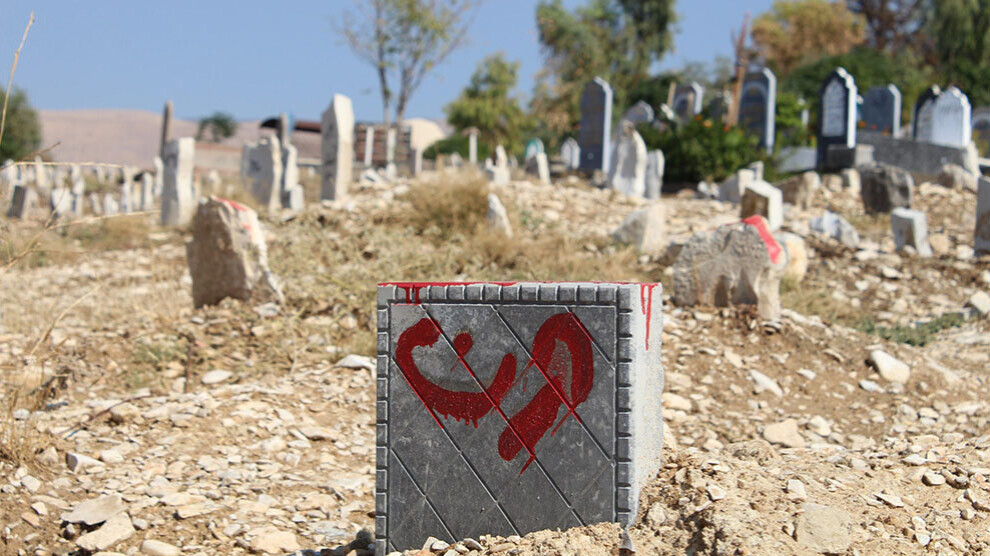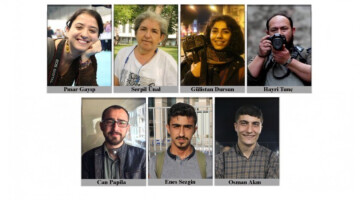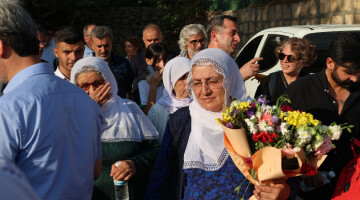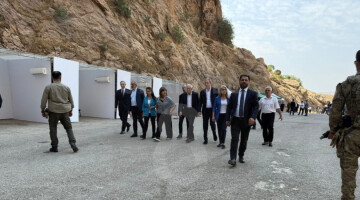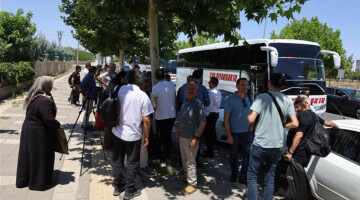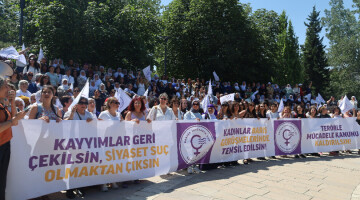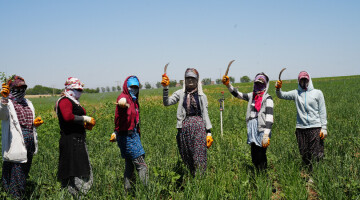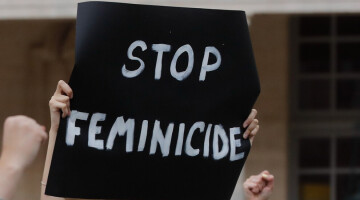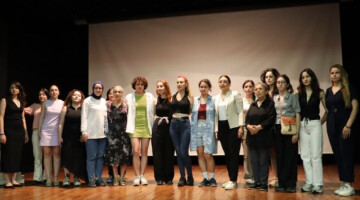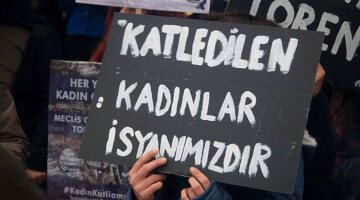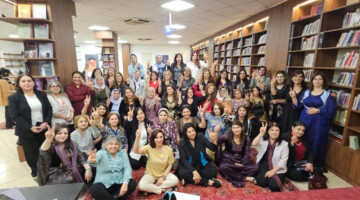In southern Kurdistan (northern Iraq), at least two femicides were committed in October, and five more women were driven to suicide. A total of 1,117 cases of violence were registered in the past month. This is the conclusion of the Department for the Prevention of Violence against Women established under the Ministry of Interior of the regional government in Hewlêr.
According to the statistics, femicides occurred in Sulaymaniyah and Hewlêr (Erbil). Suicides were recorded in Duhok (3), Hewlêr (1) and Raperîn (1). A total of nine women set themselves on fire and survived with serious injuries. Another eighteen women experienced sexual violence.
With the October cases, eighteen women have been victims of femicide in South Kurdistan since the beginning of the year. Fifty women died from burns. According to the Department for the Prevention of Violence against Women, the number of reported cases of sexual violence is 127, but independent women's organizations fear that the number of unreported cases of femicide and violence against women is much higher.
Hardly any measures for prevention and education
The Organization of Free Women in Kurdistan (Rêxistina Jinên Azad ên Kurdistanê, RJAK) repeatedly points out that domestic violence is one of the biggest social problems in South Kurdistan, which -it says- can only be solved through the interaction of all social forces. Accordingly, the prerequisite for this is a common attitude to condemn and end violence against women and to support those affected. What is lacking in South Kurdistan at the sociopolitical level are measures for prevention and intervention aimed at preventing violence, protecting against violence or changing violent behavior. Public relations work plays a crucial role in making violence against women visible, educating people about the problem and reaching as many people as possible to raise awareness among all population groups. However, in order to break the largely intergenerational cycle of violence against women, there is a lack of measures in South Kurdistan - or a lack of will on the part of the political elite.

